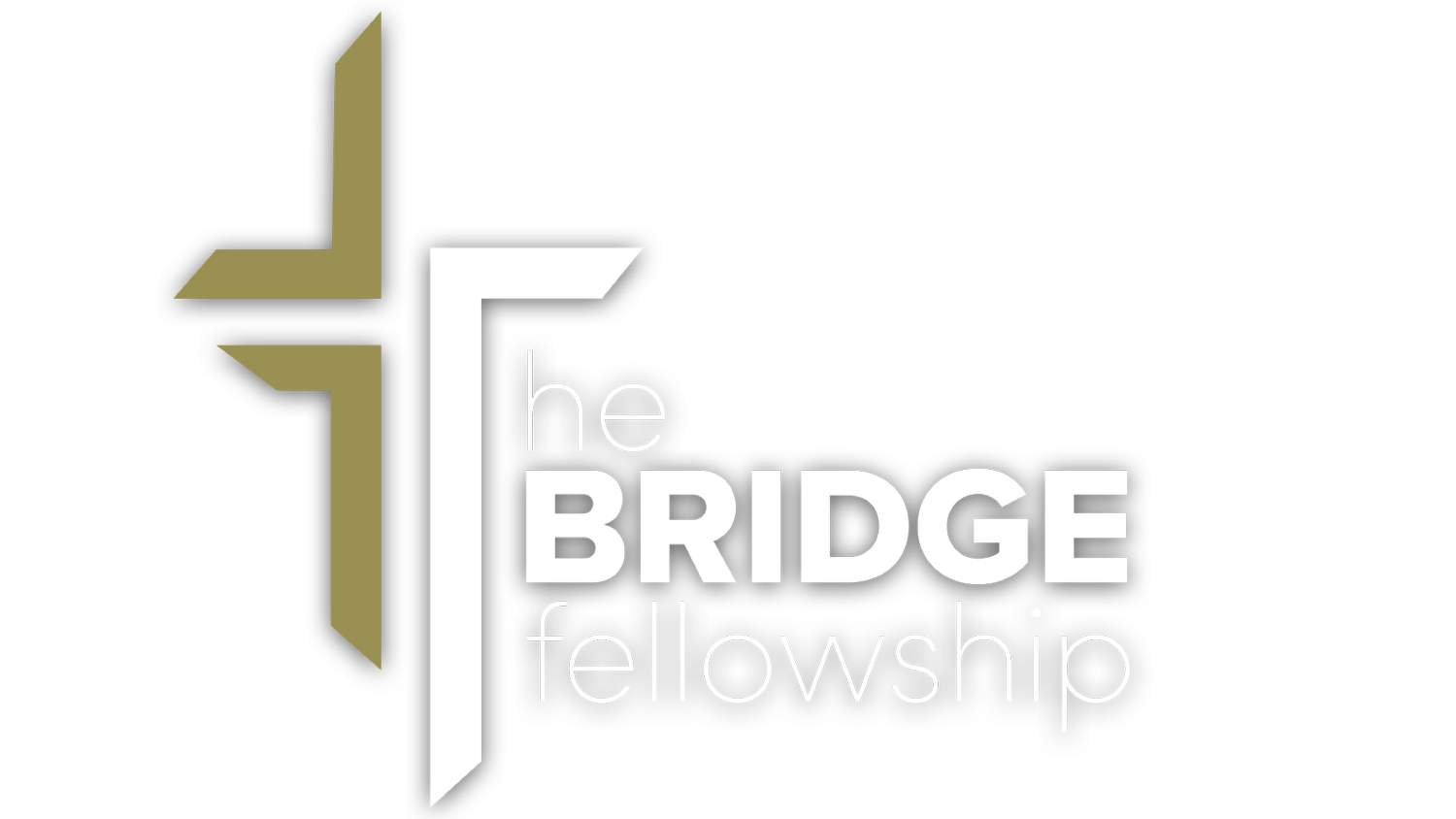This post was previously published at Resound blog By Joey Zorina
“And he arose and came to his father. But while he was still a long way off, his father saw him and felt compassion, and ran and embraced him and kissed him” (Luke 15:20).
Still a long way off.
In the story, the prodigal son came home because he lost everything and needed food and shelter. Having experienced the consequences of a wayward life, he returned with a ready-made speech. Our coming to the Father is often with half-hearted repentance. Like the prodigal, I am “still a long way off” in becoming like Jesus. I see areas where my sanctification is painfully slow. I am growing weary of the sin that grows older with me. Yet “while he was still a long way off, his father saw him.”
Still, the Father sees.
We may still be a long way off, but our Father sees us. What does He see in us? The Father sees all our flaws, weaknesses, illnesses, grumblings, frustrations, heartaches, guilt, shame, discontentment, disappointments, regrets, wounds, fears and tears. Yet, His gaze is not one of condemnation. His eyebrows are not raised. He is not rolling his eyes—annoyed and ready to scold. It is not a look of suspicion, wondering if we have ulterior motives for approaching Him. Upon seeing His returning son, the Father “felt compassion.” Our Father feels compassion when He sees us stumbling forward. We don’t have to have the right motives first before we can come to our Father.
Still, the Father embraces.
When the Father saw his son He didn’t merely empathize from a distance. He “ran and embraced him and kissed him.” The prodigal was eager to run away; but the Father was eager to run to him. The prodigal was eager to kiss goodbye. Yet, the Father was eager to embrace him. Our Father is slow to anger, abounding in steadfast love and mercy (Psalm 145: 8). His love never grows cold even when our hearts grow faint and distant. “For He knows our frame; He remembers that we are dust” (Psalm 103: 14). He knows we are dusty, fragile, prone to sin, crack and break.
Still, a celebration of grace.
How ironic that those in the Father’s house can also be farthest from Him! Even the elder brother was “still a long way off.” Perhaps, he thought he had arrived. He was quite at home in self-righteous anger—unable to celebrate grace. It’s easy to talk about God’s grace for our sins while looking down on others who sin differently than us. Yet, the Father is always ready to entreat us (Luke 15: 31). His posture is no longer one of wrath but of grace. Because “God shows His love for us in that while we were still sinners Christ died for us” (Romans 5: 8). He knows we could never come in our best elements. While we were still sinners Christ died for us.
Do you feel you’re “still a long way off” as a church member, parent, child, spouse, leader or pastor? Do you feel unseen, helpless or under-appreciated? The Father sees you. He embraces you in His Son. He has exchanged your filthy rags with righteous robes. He sees the righteousness of Jesus. No whip, but a celebration of grace. Not a feast of the fattened calf, but of the sacrificial lamb. Jesus, our true elder brother, bleeds compassion on that cross. Oh yes, one day we will finally arrive when He returns! No longer “a long way off.” Our sanctification will be complete! It will be face to face, glorified with Him! Therefore, look at the smiling face of your Father.
As Richard Baxter, the puritan reformed pastor, once said,
“Think and speak as much about the mercy you have received as you do about the sin you have committed. Similarly, focus as much on the mercy offered as on the mercy you need”
— (Depression, Anxiety, and the Christian Life, pg. 92).
While we were “still a long way off” dead in our sins, Jesus came to lead us home. A grand feast awaits us on that day (Rev. 19: 6–9).







